Otters for sale on social media - Screenshot
According to Tuoi Tre Online 's research , on social networks, the buying and selling of some wild animals such as otters, monkeys, crocodiles, turtles, pythons, wild cats, etc. is quite active.
From public groups to private groups that have become "virtual markets", prices range from a few hundred thousand dong to millions of dong depending on the species. Many species are kept at home as pets by hobbyists, sometimes even organizing offline meetings to meet and exchange.
Keeping wild animals as pets
Right on the sidewalk, some wild animals are openly offered for sale to people to keep as pets. A seller of many three-ridged turtles on the sidewalk of Tan Ky Tan Quy Street (Tan Phu District) said that buyers take them home to raise or release. Depending on the size of the turtle, the price ranges from 180,000 to 350,000 VND/turtle.
A turtle placed on a brick for sale on the sidewalk of Tan Ky Tan Quy street (Tan Phu district) - Photo: NGOC KHAI
A woman selling turtles on the sidewalk of Tan Son Street (Go Vap District) said she sells "golden turtles that attract wealth", three-ridged turtles... priced from several tens of thousands to several hundred thousand VND/each depending on their age.
However, according to research, the "golden turtle that attracts wealth" is actually a red-eared slider, a harmful alien species. The three-ribbed slider belongs to group IIB in the list of endangered, precious, and rare forest plants and animals.
In Ho Chi Minh City, recently, the forestry department has received and rescued many wild animals voluntarily surrendered by owners, including crocodiles, monkeys, pythons... Some people said they bought them from street sellers, online sellers, or were given them as gifts... to raise as pets or ornamental animals.
According to some people, they do not know clearly about the legal regulations related to the species they are raising. After learning about the legal regulations or being concerned about the danger that the animal they are raising may cause, or hoping that the animal will be rescued and released into the wild, they voluntarily hand it over to the forestry agency.
Regarding some cases of wild animals such as monkeys, zebra-billed hornbills, white-bellied sandpipers... appearing in residential areas in Ho Chi Minh City recently, a forest ranger said that it was possible that someone kept them as pets, then the animals escaped from their cages or the owners no longer wanted to keep them and released them.
Beware of breaking the law
A freshwater crocodile (weighing about 150g, about 30cm long) in a glass cabinet that a person in Hoc Mon district voluntarily handed over to the Ho Chi Minh City Forest Protection Department in 2022 - Photo: NGOC KHAI
According to forest rangers, buying, selling, or raising wild animals without documents proving their legal origin, whether for commercial purposes or as pets, is a violation of the law. Depending on the nature and severity, they may be subject to criminal prosecution or administrative penalties.
Some people, out of instant passion, do not learn about legal regulations when raising wild animals as pets or ornamental animals.
"People should not buy, sell or illegally raise wild animals, because this violates the law and also helps people illegally trade and hunt wild animals. Besides, wild animals have wild instincts and can attack and harm people, or can carry pathogens that affect health," the forest ranger advised.
Lawyer Le Trung Phat (Ho Chi Minh City Bar Association) said that according to Decree 84/2021/ND-CP amending Decree 06/2019/ND-CP, wild animals are animals that live and develop in natural or artificial habitats or animals raised in controlled environments.
Thus, species such as otters, turtles, pythons, crocodiles, etc. are considered wild animals. Traders must have documents proving their legal origin. Breeders must also meet the requirements for raising these animals according to the provisions of Decree 84/2021/ND-CP.
Lawyer Le Trung Phat (Ho Chi Minh City Bar Association)
If buying, selling, or keeping is illegal, depending on the severity of the violation, the violator may be subject to administrative or criminal sanctions.
In case the competent authority determines that the violation is at the level of an administrative penalty, the penalty may be from 1 million VND to 300 million VND according to the provisions of Article 23 of Decree 35/2019/ND-CP (amended by Clause 14, Article 1 of Decree No. 07/2022/ND-CP). At the same time, an additional penalty of confiscation of the violated exhibits will be applied.
If breeders violate regulations on keeping animal monitoring books, they may be fined from 1 to 2 million VND according to Article 24 of Decree 35/2019/ND-CP, amended by Clause 15, Article 1 of Decree 07/2022/ND-CP.
In case of verification, if there are signs of a crime, it is possible to prosecute the crime of "violating regulations on the protection of wild animals" under Article 234, the crime of "violating regulations on the protection of endangered and rare animals" under Article 244 of the Penal Code.
"People need to realize that not all animals can be kept as pets. They need to learn about the animal's origin in advance. If they keep it, they need to meet the legal requirements to avoid violating the law later," said lawyer Le Trung Phat.
Read moreBack to Topic Page
Back to topic
NGOC KHAI
Source: https://tuoitre.vn/nuoi-dong-vat-hoang-da-lam-thu-cung-coi-chung-pham-luat-20250417105930136.htm


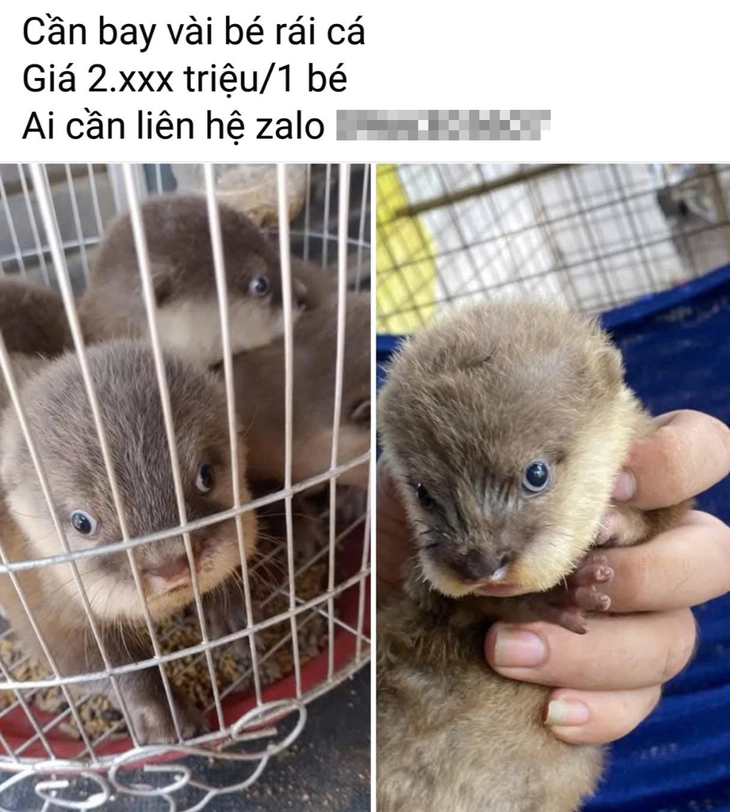
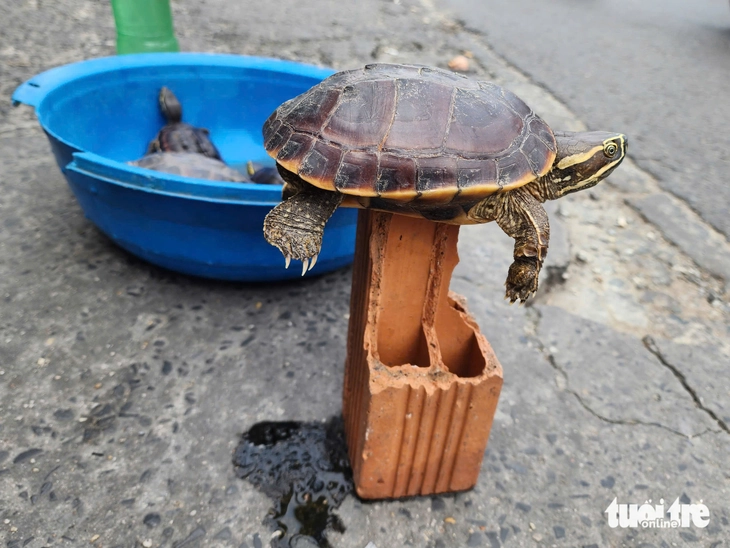
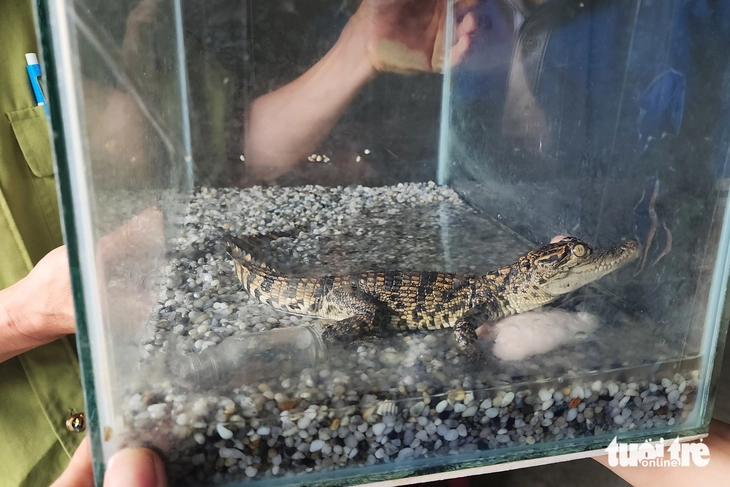


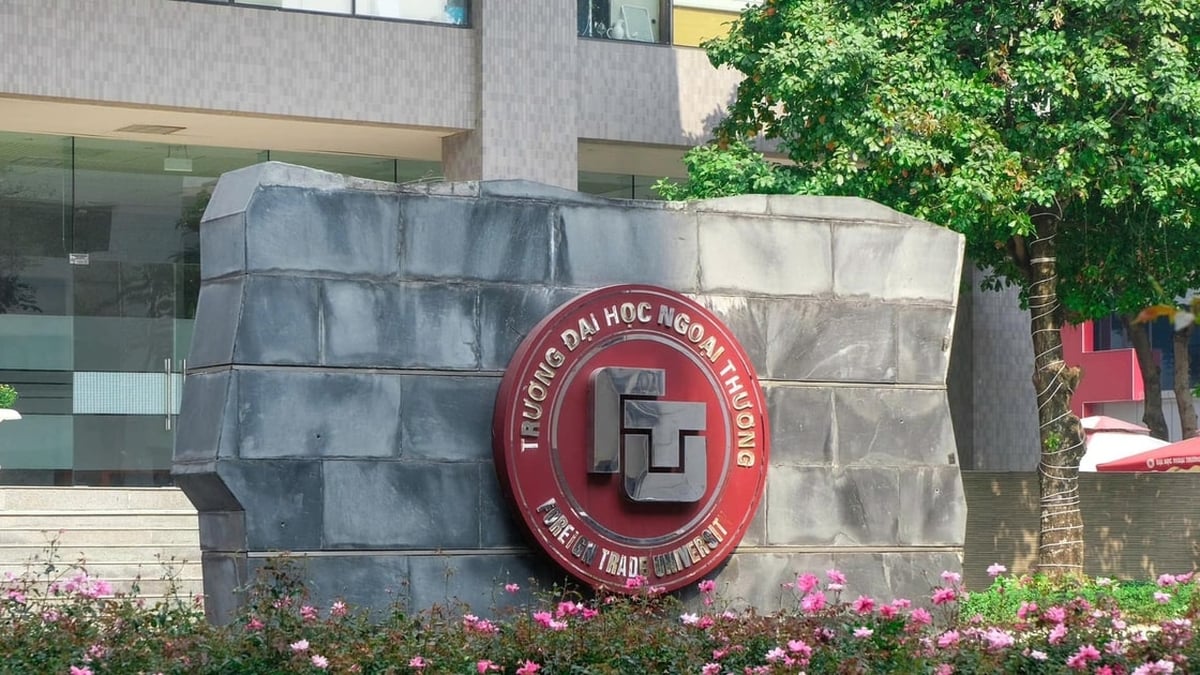

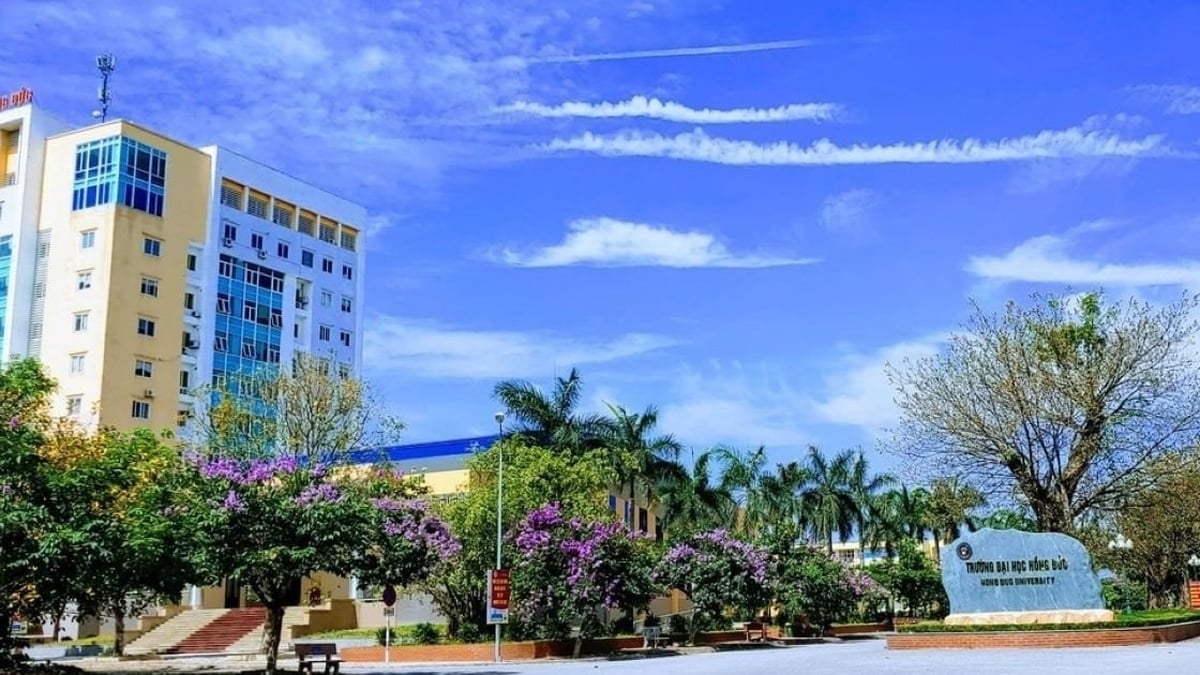

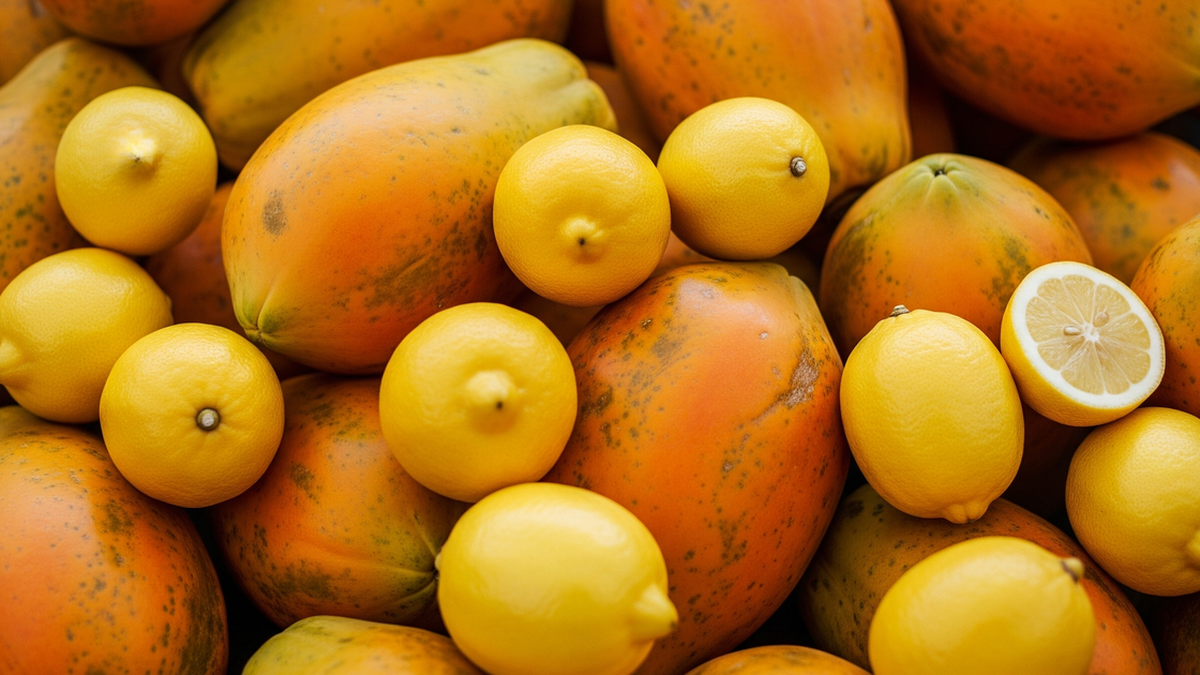

























































































Comment (0)